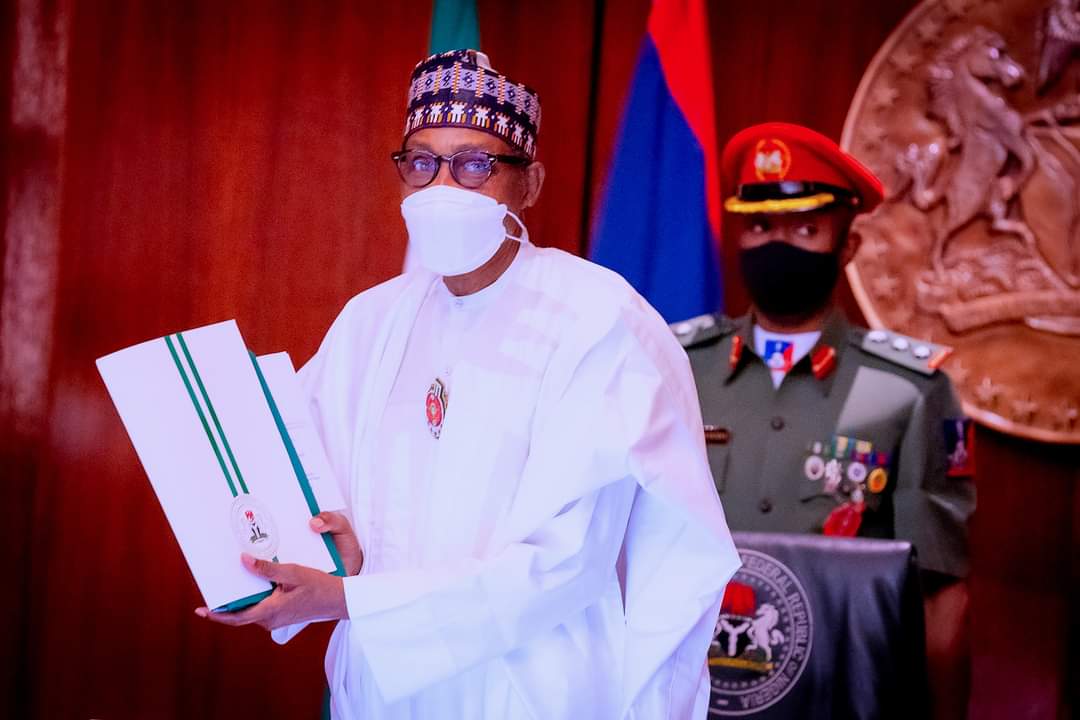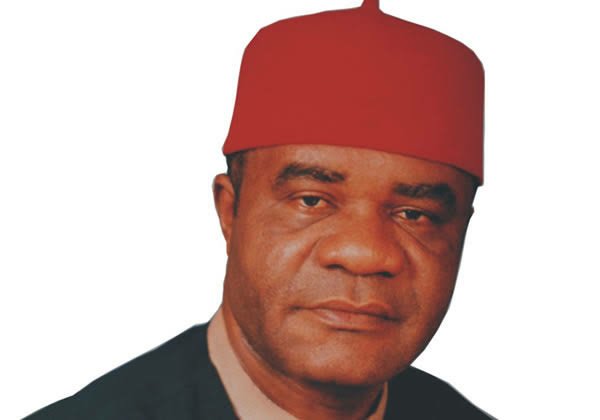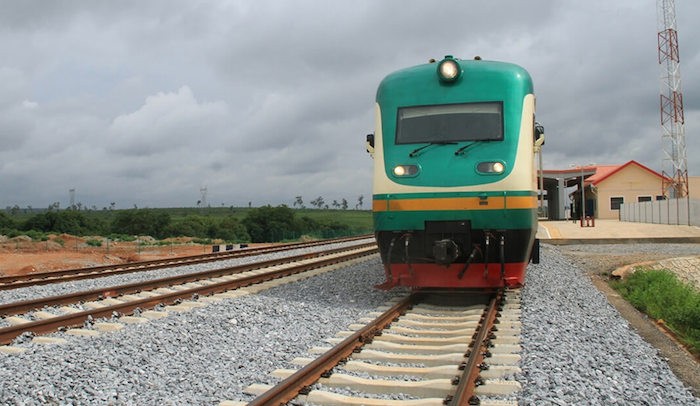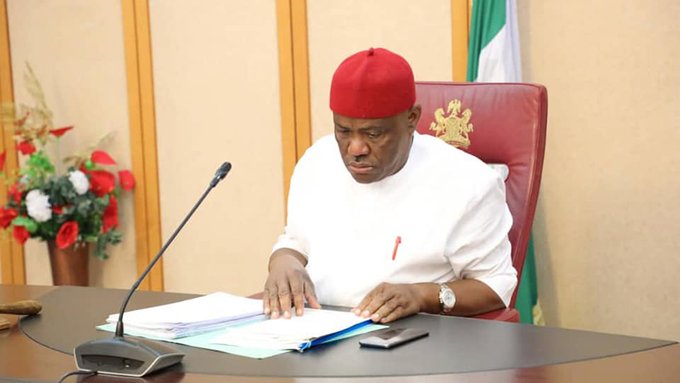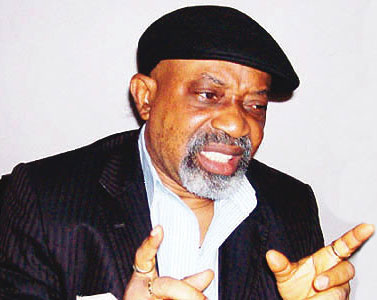On Friday, President Muhammadu Buhari presented a budget proposal of N20.5 trillion for 2023.
Themed ‘Budget of Fiscal Sustainability and Transition’, it is the eighth and final budget of the current administration.
The document was presented by Buhari before a joint sitting of the national assembly and is aimed at maintaining fiscal viability and ensuring a smooth transition to the next administration.
It is also designed to achieve the strategic objectives of the national development plan 2021 to 2025, including macro-economic stability; human development; food security; improved business environment; energy sufficiency; improving transport infrastructure, and promoting industrialisation focusing on small and medium-scale enterprises.
Advertisement
Below are highlights of the proposed 2023 budget:
KEY PARAMETERS
- Oil price benchmark of $70 per barrel.
- Daily oil production estimate of 1.69 million barrels (inclusive of
condensates of 300,000 to 400,000 barrels per day); - Exchange rate of N435.57 per dollar; and
- Projected GDP growth rate of 3.75 percent and a 17.16 percent inflation rate.
REVENUE ESTIMATES
Advertisement
The federal government estimated its collectable revenue at N16.87 trillion in 2023.
Total federally distributable revenue is estimated at N11.09 trillion in 2023 while total revenue available to fund the 2023 budget is estimated at N9.73 trillion. This includes the revenue of 63 government-owned enterprises (GOEs).
Oil revenue is projected at N1.92 trillion, non-oil taxes are estimated at N2.43 trillion, and independent revenues for the federal government are projected to be N2.21 trillion.
Other revenues total N762 billion, while the retained revenues of the GOEs amount to N2.42 trillion.
Advertisement
DEFENCE, INTERNAL SECURITY REMAINS TOP PRIORITY
The president said defence and internal security will continue to be accorded top priority in 2023.
He said current efforts to properly equip and motivate the personnel in the armed forces, police and paramilitary units will be sustained.
“I assure you, insecurity, especially banditry and kidnapping, will be significantly curtailed before the end of this administration,” Buhari said.
Advertisement
“We will redouble our efforts to ensure we leave a legacy of a peaceful, prosperous and secured nation.”
N470 BILLION FOR REVITALISATION, SALARY ENHANCEMENTS IN TERTIARY INSTITUTIONS
Advertisement
As part of efforts to resolve the Academic Staff Union of Universities (ASUU) strike, the president said a provision of N470 billion has been made in the 2023 budget for the revitalisation and salary enhancements in tertiary institutions.
Since February, ASUU has been on a strike, halting academic activities in public universities.
Advertisement
“The government notes with dismay the crisis that has paralysed activities in the public universities in the country,” Buhari said.
“We expect the staff of these institutions to show a better appreciation of the current state of affairs in the country.
Advertisement
“In the determined effort to resolve the issue, we have provided a total of 470.0 billion in the 2023 budget from our constrained resources, for revitalisation and salary enhancements in the tertiary institutions.”
2023 PLANNED EXPENDITURE
A total expenditure of N20.51 trillion is proposed for the federal government in 2023. The figure includes N2.42 trillion in spending by government-owned enterprises.
The proposed expenditure comprises:
- Statutory transfers of N744.11 billion
- Non-debt recurrent costs of N8.27 trillion
- Personnel costs of N4.99 trillion
- Pensions, gratuities and retirees’ benefits of N854.8 billion
- Overheads of N1.11 trillion
- Capital expenditure of N5.35 trillion, including the capital component of statutory transfers
- Debt service of N6.31 trillion
- Sinking fund of N247.73 billion to retire certain maturing bonds
FISCAL DEFICIT OF N10.78 TRILLION
The total fiscal operations of the federal government are expected to result in a deficit of N10.78 trillion.
The government intends to finance the deficit mainly by new borrowings totalling N8.80 trillion as well as N206.18 billion from privatisation proceeds and N1.77 trillion drawdowns on bilateral/multilateral loans secured for specific development projects/programmes.
The proposed borrowing represents 4.78 percent of the estimated GDP, above the 3 percent threshold set by the Fiscal Responsibility Act 2007.
The government also exceeded the borrowing limit in 2020 and 2021.
Buhari explained that the government overshot its fiscal threshold due to the resources needed in the fight against insecurity.
“As envisaged by the law, we need to exceed this threshold considering the need to continue to tackle the existential security challenges facing the country,” he said.
BUDGET OF GOVERNMENT-OWNED ENTERPRISES
Buhari faulted some committees of the national assembly for secretly approving the annual budgets of GOEs.
The president warned that such a trend is against the rules.
He said appropriation for GOEs in the 2023 budget must be returned to the presidency after due approval by relevant committees.
“Distinguished senators, honourable members, you may recall that we earlier integrated the budget of government-owned enterprises into the FGN’s 2019 budget submission,” he said.
“This has helped to enhance the comprehensiveness and transparency of the FGN budget.
“It has, however, come to my attention that government-owned enterprises liaise directly with relevant NASS committees to have their budget passed and issued to them directly.
“I would like to implore the leadership of the national assembly to ensure that the budget I lay here today, which includes those of the GOEs, be returned to the presidency when passed.
“The current practice where some committees of the national assembly purport to pass budgets for GOEs, which are at variance with the budgets sanctioned by me, and communicate such directly to the MDAs, is against the rules and needs to stop.”
FINANCING INFRASTRUCTURE GAP
Buhari said the government will develop projects that are good candidates for public-private partnership (PPP) for private sector participation.
He said Nigeria requires a huge outlay of resources to close current infrastructure gaps and boost economic performance.
BUDGET PROCESS BILL, 2022
The president said he has directed the minister of finance, budget and national planning to work with the national assembly on passing an organic budget law, which he hopes to assent to before the end of his administration.
FINANCE BILL, 2022
Buhari said current tax and fiscal laws/regulations are being reviewed to produce a draft Finance Bill 2022.
He said once ongoing consultations are completed, the bill would be submitted to the national assembly to be considered alongside the 2023 appropriation bill.
Add a comment
